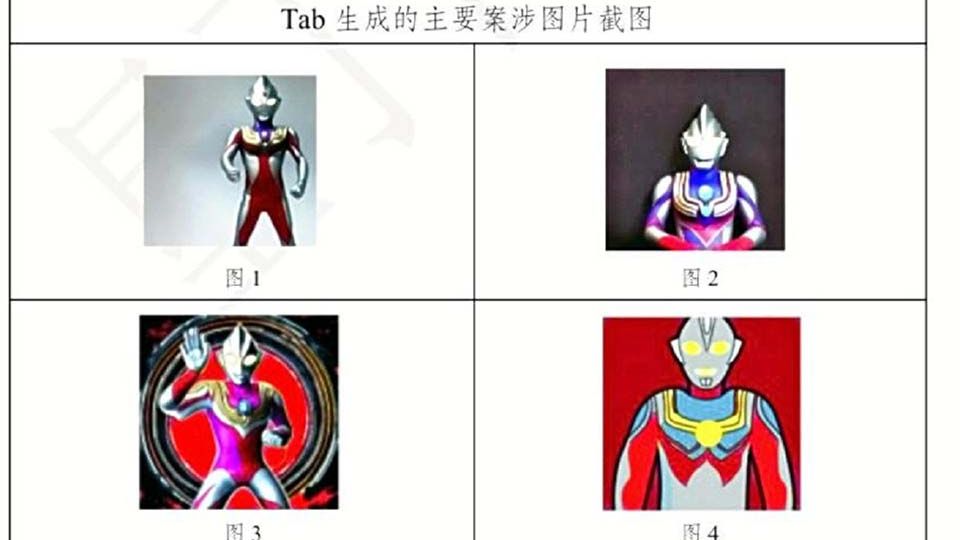April 16, 2024
TOKYO – An AI service provider in China has been found liable for copyright infringement and ordered to pay damages over generative AI images closely resembling Ultraman, The Yomiuri Shimbun learned Monday.
The case will likely draw attention in Japan as well, as a ruling on the issue of AI and copyrights.
The plaintiff in the case is a Chinese company that was licensed by Tsuburaya Productions Co. in Tokyo — which holds the copyright to the Ultraman series — to reproduce relevant items in China, according to the Guangzhou Internet Court, which handles online matters.
The Chinese licensee found that generative AI offered by the service provider created images closely resembling characters in the Ultraman series. The licensee filed a lawsuit with the court, seeking to stop the generation of the images and receive damages, among other penalties, claiming that the provider had created images similar to Ultraman characters without the necessary permission.
The court ruled on Feb. 8 that the service provider was liable for copyright infringement, stating that “the generated images are a partial or complete reproduction of Ultraman’s original depictions,” and therefore it must take responsibility for halting generation of the images. It ordered the provider to pay 10,000 yuan (about ¥200,000) in damages and to prevent generation of the images.
Tsuburaya Productions said Monday that the court’s decision was fair and impartial.
Creators in many countries have voiced concerns about copyright infringement by generative AI. However, it is difficult to draw a line as to what constitutes infringement because not enough precedents have been established.
In Japan, a subcommittee of the Cultural Affairs Council in March compiled a report on its interpretation of copyright law, stating that users should in principle be held liable for copyright infringement caused by generative AI, but that service providers may be held responsible if problematic material is frequently generated.
“If the same issue arises in Japan, a similar ruling could be made. That kind of risk needs to be recognized,” said Tatsuhiro Ueno, professor of intellectual property law at Waseda University.
Toshio Asai, director of UniLaw Business Law Institute, said, “Although this is a ruling by an overseas court, it could impact the global debate on AI and copyright.”

